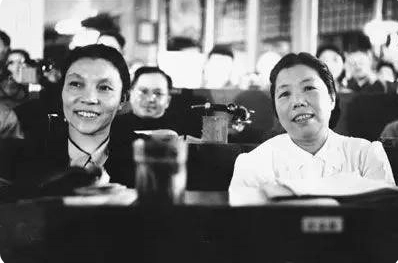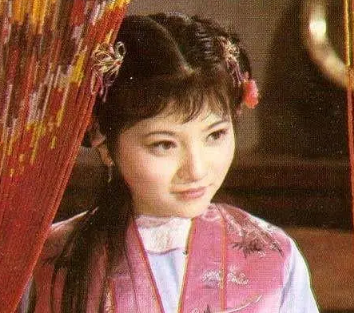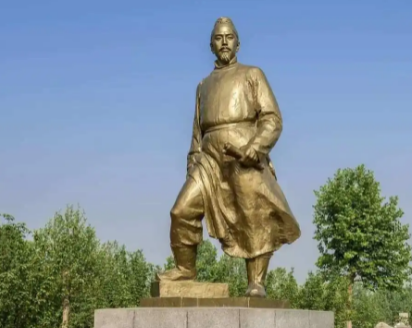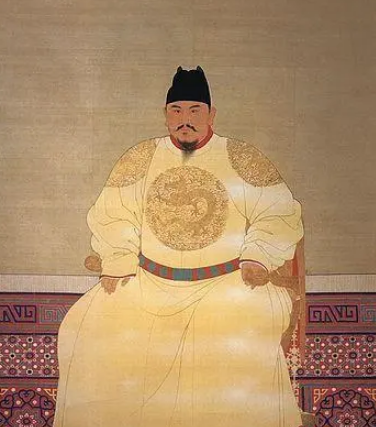Every year on March 8th, it is International Working Women's Day in China. This festival aims to commemorate the historical process of women striving for equality and participating in social, political, and economic activities, as well as to recognize women's contributions in the family and society. So, which country's women fought for this festival? Let's explore this question.

Firstly, International Working Women's Day originated in the early 20th century from the European socialist movement. On this day, some workers and socialists held marches and rallies to express their support and calls for women's rights. These activities gradually gained more and more support and attention, eventually evolving into an international commemorative day.
Secondly, the birthplace of International Working Women's Day can be traced back to the Soviet Union. On March 8, 1917, Soviet women launched a large-scale strike and demonstration demanding better working conditions and higher wages. This event is considered one of the important milestones in the women's liberation movement and provided important references and inspiration for women worldwide to strive for equal rights.
Finally, Chinese women began actively campaigning and advocating for the establishment of International Working Women's Day after the founding of New China. In 1949, the Chinese government officially declared March 8th as International Working Women's Day in China. Since then, the Chinese government has begun to value the status and role of women, celebrating and recognizing their contributions in the family and society on March 8th.
In summary, International Working Women's Day originated from the European socialist movement and subsequently developed into an international commemorative day. In China, however, International Working Women's Day was established through the efforts and advocacy of Chinese women. Regardless of the country, International Working Women's Day is a commemoration of women's historical struggle for equality and participation in social, political, and economic activities, as well as a recognition of their contributions in the family and society.
Disclaimer: The above content is sourced from the internet and the copyright belongs to the original author. If there is any infringement of your original copyright, please inform us and we will delete the relevant content as soon as possible.































